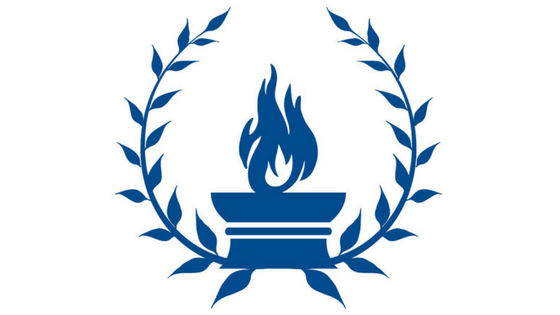Exordium
STEM positions will need people with non-STEM skills, say STEM leaders
A funny thing happened when Otto Berkes, chief technology officer for CA Technologies and the moderator of a panel at the CA World confab in Las Vegas, asked panelists about the skills needed for today’s and tomorrow’s digital businesses. “We over-rotate on finding and developing STEM only as the solution,” said Debra Danielson, distinguished engineer and senior VP for CA Technologies. “I think as we evolve, we’re going to be bringing in more people who Read more…






